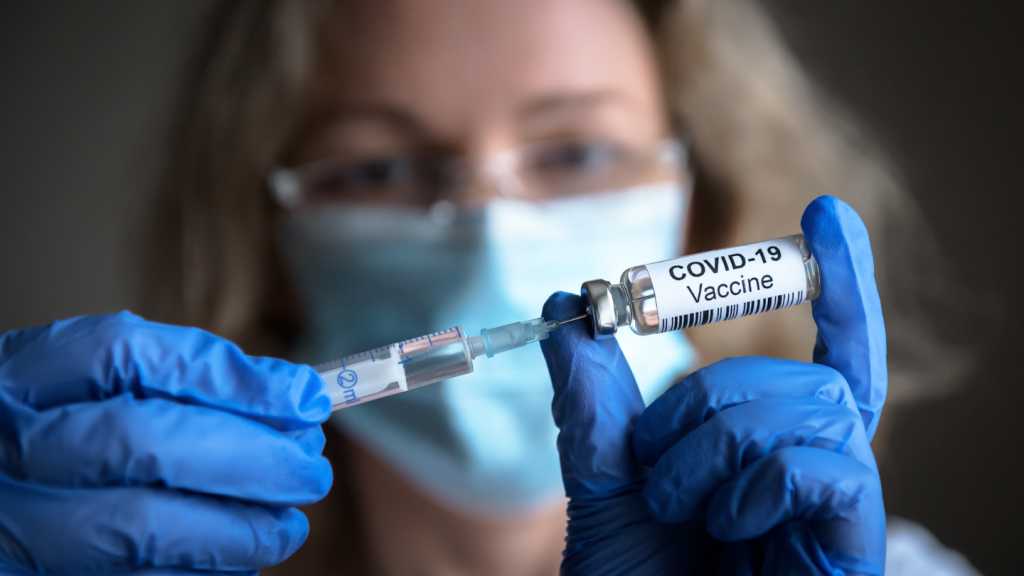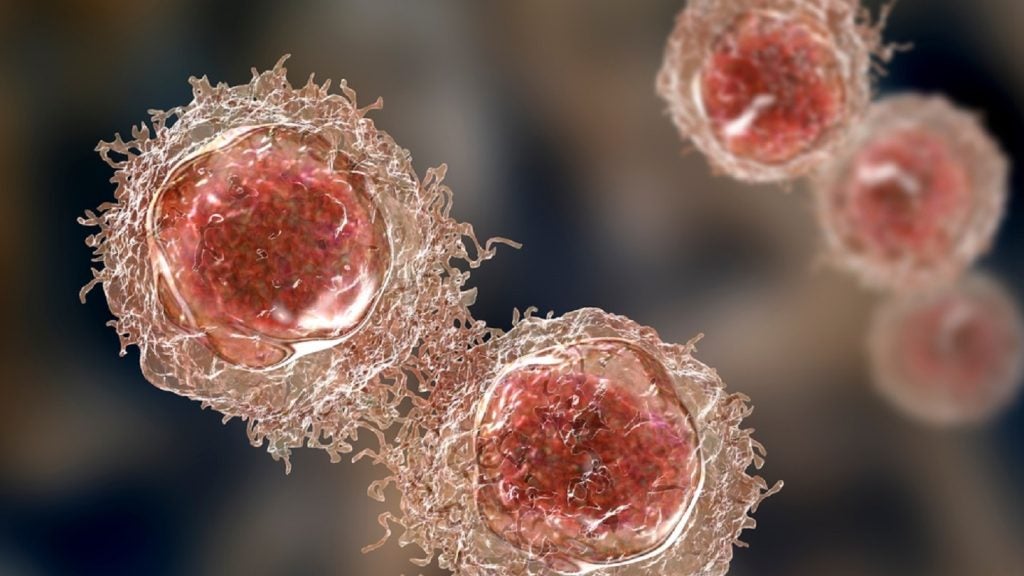Lisata Therapeutics has treated the first patient in the head and neck squamous cell carcinoma (HNSCC) cohort of the Phase IIa BOLSTER trial of LSTA1 for solid tumours.
Treatment was provided at The Christ Hospital in Ohio, US.
The multi-centre, placebo-controlled, randomised, double-blind, basket trial is being carried out at nearly 40 sites in the Asia-Pacific, Europe, and North America.
Dr Alexander Starodub is the principal investigator of the trial which will evaluate LSTA1 plus standard of care (SOC) against SOC alone in patients with advanced solid tumours.
It will include patients with oesophagal squamous cell carcinoma, advanced HNSCC, and cholangiocarcinoma.
They will be divided into three arms of 40 each and 20 patients in each arm will receive LSTA1 plus SOC and the remaining will be given placebo plus SOC.
Each arm will be analysed individually to identify dense stroma in solid tumours.
Lisata Therapeutics chief medical officer and Research and Development executive vice-president Kristen Buck said: “Most head and neck cancers eventually spread to the lymph nodes nearest to the affected area and can become incurable or uncontrollable resulting in advanced or terminal stage disease.
“The BOLSTER trial gives us the opportunity to evaluate the potential of LSTA1 in a variety of solid tumour settings in combination with corresponding standards-of-care and will provide direction on potential next steps in development.
“Now that the first patient in BOLSTER has been treated, we expect an uptake in enrolment in the coming quarters.”
A total enrolment of 120 patients is anticipated in the second half of next year.
















